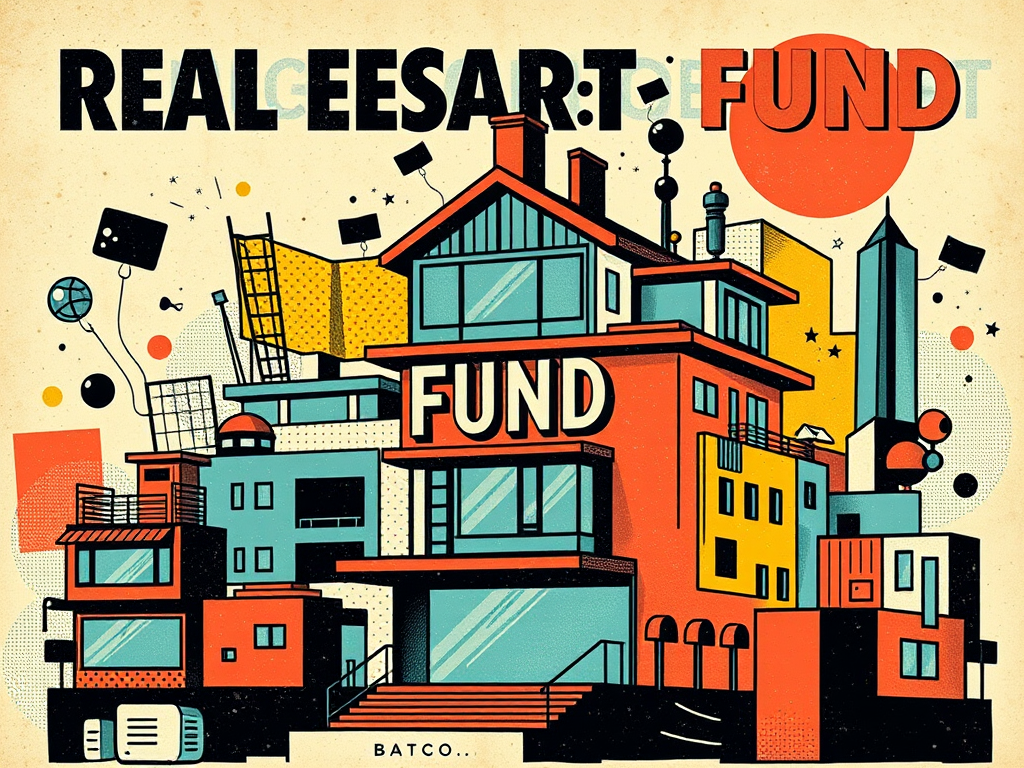
Greece’s Golden Visa Program: Analysis of Annual Limits and Economic Impact
Reading time: 12 minutes
Table of Contents
- Introduction to Greece’s Golden Visa Program
- Historical Context of the Greek Golden Visa
- Current Program Capacity and Limitations
- Economic Impact of the Golden Visa Scheme
- Comparative Analysis with Other European Golden Visa Programs
- Future Outlook and Potential Changes
- Conclusion
- FAQs
Introduction to Greece’s Golden Visa Program
Greece’s Golden Visa program, officially known as the Greek Residence Permit for Investment Activity, has been a topic of significant interest for international investors and economic analysts alike. This comprehensive analysis delves into the intricacies of the program, with a particular focus on its capacity and any potential annual limitations.
As we navigate through this complex economic landscape, it’s crucial to understand that the Golden Visa program is not just a simple immigration policy, but a multifaceted economic tool with far-reaching implications for Greece’s real estate market, foreign direct investment (FDI) inflows, and overall economic recovery strategy.
Historical Context of the Greek Golden Visa
Launched in 2013, Greece’s Golden Visa program emerged as a response to the country’s severe economic crisis. The initiative was designed to attract foreign investment, particularly in the real estate sector, which had been hit hard by the financial downturn. By offering residency permits to non-EU nationals in exchange for significant property investments, Greece aimed to stimulate its economy and revitalize its housing market.
Initial Reception and Early Years
In its early stages, the program garnered mixed reactions. Proponents lauded it as a much-needed injection of foreign capital, while critics raised concerns about potential money laundering and the artificial inflation of property prices. Despite these initial controversies, the program gained traction, particularly among Chinese, Russian, and Middle Eastern investors.
The first few years saw a steady increase in applications, with the Greek government continuously refining the program’s parameters to maximize its economic benefits while addressing regulatory concerns. This adaptive approach has been a hallmark of the program’s evolution, reflecting Greece’s commitment to balancing investor attractiveness with economic prudence.
Current Program Capacity and Limitations
Contrary to some misconceptions, Greece does not currently impose a strict annual cap on the number of Golden Visas issued. This open-ended approach distinguishes the Greek program from some of its European counterparts and has been a key factor in its appeal to international investors.
Flexible Capacity Model
The absence of a fixed annual limit allows the program to respond dynamically to market demands and economic conditions. This flexibility has proven crucial in periods of heightened investor interest, particularly as other European countries have tightened their Golden Visa schemes.
However, it’s important to note that while there isn’t a numerical cap, the program’s capacity is effectively limited by several factors:
- Administrative processing capabilities
- Available real estate inventory, especially in prime locations
- Economic absorption capacity of the Greek market
- Regulatory scrutiny and due diligence requirements
These factors create a natural throttle on the program’s growth, ensuring that the influx of investment remains manageable and beneficial to the Greek economy.
Economic Impact of the Golden Visa Scheme
The economic implications of Greece’s Golden Visa program extend far beyond simple capital inflows. To fully appreciate its impact, we need to examine various economic indicators and market trends.
Real Estate Market Dynamics
One of the most significant effects of the Golden Visa program has been on Greece’s real estate sector. The scheme has been a primary driver of property demand, particularly in urban centers like Athens and popular island destinations. This demand has led to notable price appreciations in certain market segments.
For instance, data from the Bank of Greece shows that residential property prices in Athens have increased by over 30% since 2017, a trend partially attributed to Golden Visa investments. This price growth has had a ripple effect on the broader housing market, influencing both local and international buyer behavior.
Investors looking for opportunities in this dynamic market might consider exploring houses for sale in athens, where the Golden Visa program has significantly impacted property valuations and investment potential.
Foreign Direct Investment Trends
The Golden Visa program has been a significant contributor to Greece’s FDI inflows. According to data from Enterprise Greece, the country’s official investment and trade promotion agency, the program has attracted over €2 billion in real estate investments since its inception. This influx of foreign capital has been crucial in supporting Greece’s economic recovery efforts and bolstering investor confidence in the Greek market.
Labor Market Implications
While the direct impact on employment may be limited, the Golden Visa program has indirectly supported job creation in several sectors:
- Real estate and construction
- Legal and financial services
- Tourism and hospitality
These employment effects, while difficult to quantify precisely, contribute to the program’s overall economic value proposition.
Comparative Analysis with Other European Golden Visa Programs
To fully contextualize Greece’s approach, it’s instructive to compare it with other prominent European Golden Visa schemes.
Portugal’s Golden Visa Program
Portugal, once a leader in the Golden Visa market, has recently implemented significant restrictions. Unlike Greece, Portugal has introduced geographical limitations, excluding real estate investments in high-demand areas like Lisbon and Porto. This contrasts sharply with Greece’s more open approach, potentially redirecting investor interest towards the Greek market.
Spain’s Golden Visa Scheme
Spain’s program, while similar in many respects to Greece’s, has a higher investment threshold (€500,000 compared to Greece’s €250,000). However, Spain does not impose annual limits, aligning with Greece’s flexible capacity model.
Malta’s Individual Investor Programme
Malta’s program stands out for its strict annual cap of 400 main applicants. This limitation, while ensuring exclusivity, has also led to longer processing times and increased competition among applicants. Greece’s uncapped approach offers a stark contrast, prioritizing accessibility and market responsiveness.
Future Outlook and Potential Changes
As we look to the future of Greece’s Golden Visa program, several key factors will likely shape its evolution:
Regulatory Environment
Increasing scrutiny from the European Union on Golden Visa schemes may lead to tighter regulations. Greece may need to adapt its program to align with evolving EU standards on transparency and due diligence.
Market Saturation Concerns
As the program matures, there’s a potential risk of market saturation, particularly in prime real estate areas. This could lead to a natural slowdown in application numbers or prompt the Greek government to consider introducing targeted limitations.
Economic Recovery Trajectory
Greece’s ongoing economic recovery may influence the future of the Golden Visa program. As the country’s economic health improves, there may be less reliance on such investment schemes, potentially leading to a recalibration of the program’s parameters.
Global Economic Factors
External factors such as geopolitical tensions, global economic downturns, or shifts in investor preferences could impact the demand for Greek Golden Visas. The program’s success will partly depend on Greece’s ability to remain an attractive investment destination amidst changing global dynamics.
Conclusion
Greece’s Golden Visa program, characterized by its open-ended capacity and significant economic impact, stands as a unique model in the European investment migration landscape. The absence of strict annual limits has allowed the program to respond dynamically to market demands, contributing substantially to Greece’s real estate sector and overall economic recovery.
As we’ve seen, the program’s effects extend beyond simple capital inflows, influencing property markets, employment trends, and broader economic indicators. While challenges and potential changes loom on the horizon, the Greek Golden Visa scheme remains a compelling option for international investors and a crucial tool in Greece’s economic strategy.
Looking ahead, the program’s success will likely hinge on Greece’s ability to balance investor appeal with regulatory compliance and economic sustainability. As the global economic landscape evolves, so too must Greece’s approach to investment migration, ensuring that the Golden Visa program continues to serve as a catalyst for growth and prosperity in the Hellenic Republic.
FAQs
1. Is there a waiting list for Greek Golden Visas due to annual limits?
No, there is currently no waiting list for Greek Golden Visas as the program does not have strict annual limits. Applications are processed on a rolling basis, subject to meeting all eligibility criteria and completing due diligence checks.
2. How does Greece’s lack of annual limits compare to other EU countries?
Greece’s approach is more flexible compared to countries like Malta, which has a strict annual cap. This flexibility aligns more closely with countries like Spain and Portugal, although these nations have introduced other types of restrictions that Greece has not yet implemented.
3. Could Greece introduce annual limits in the future?
While there are no current plans to introduce annual limits, it’s possible that Greece might consider such measures in the future, especially if EU regulations change or if there are concerns about market saturation. Any changes would likely be announced well in advance to allow investors to plan accordingly.
4. How has the absence of annual limits affected processing times for Golden Visa applications?
The lack of annual limits has generally allowed for more efficient processing of applications, as there’s no backlog created by yearly quotas. However, processing times can still vary based on the volume of applications and the complexity of individual cases.
5. Does the unlimited capacity of the program affect its exclusivity or value?
While the program’s open-ended nature means it’s less exclusive than some capped programs, its value remains high due to Greece’s attractive real estate market, lifestyle benefits, and the program’s lower investment threshold compared to some other EU countries. The program’s value is more closely tied to these factors than to artificial scarcity created by annual limits.

Article reviewed by Mehmet Yılmaz, Business Transformation Leader | Operational Excellence Architect, on March 21, 2025



